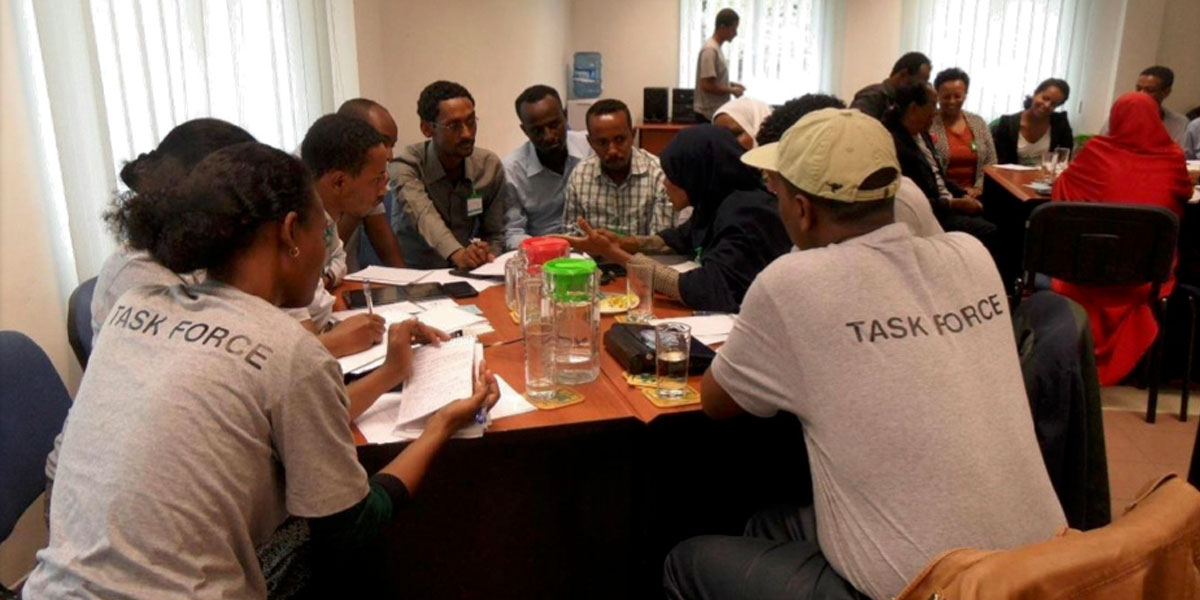Launching new Maternal and Newborn Health project in eight new districts in Ethiopia
Over the last two decades, Ethiopia has made significant progress towards improving the health of women and children, but Ethiopia still has one of the highest maternal mortality rates in the world. Access to skilled attendance at birth is one of the single most critical interventions to ensure a safe birth for mothers and newborns. However, still only 16% of women in Ethiopia give birth with a skilled birth attendant, and the maternal and newborn mortality and morbidity rate remains high.
Maternity Foundation has ultimo 2015 finalized our five-year “Integrated Maternal Health Project” targeting four districts in West Wollega Zone. The project was evaluated by an independent and external consultancy. The evaluation report determined that the project created significant positive impact on the number of women attending antenatal care and skilled delivery. By the end of the project there was 60% higher ante-natal care attendance and 30% higher skilled birth attendance in Maternity Foundation’s target districts, than in neighboring district.
The project’s success was attributed to the fact Maternity Foundation reached more than 190.000 community members with awareness creation and health education, combined with the fact that Maternity Foundation upgraded health workers and health facilities across the four districts to deliver better quality of care.
Recommendations from the evaluation report informed the design of a new project. In early 2016, Maternity Foundation signed a new four-year project agreement with the local authorities of Oromiya Regional Health Bureau on the project: “Enhancing Maternal and Newborn Health in West Wollega, Ethiopia (2016-2019)”.
The new project targets eight new districts in West Wollega Zone with a total population of 660.000 people. The project builds on Maternity Foundation’s integrated project model with a focus on increasing the quality of care at 28 health centres and reaching 150.000 women of reproductive age and their families.
As a part of the project model, Maternity Foundation applies our innovative mHealth tools to strengthen both aspects of the integrated approach – both the community and the clinical work. This includes integration of our Safe Delivery App, developed with University of Copenhagen and University of Southern Denmark, in our clinical training as well as an SMS system to connect pregnant women with the health system.
In addition to working in the 8 districts, Maternity Foundation runs a Basic Emergency Obstetric and Newborn Care (BEmONC) training center hosted at the Gimbie Public Hospital. Here, Maternity Foundation is commissioned by Oromiya Regional Health Bureau to provide rounds of 3-weeks BEmONC in-service training to skilled birth attendants, covering a geographical scope of four zones.





